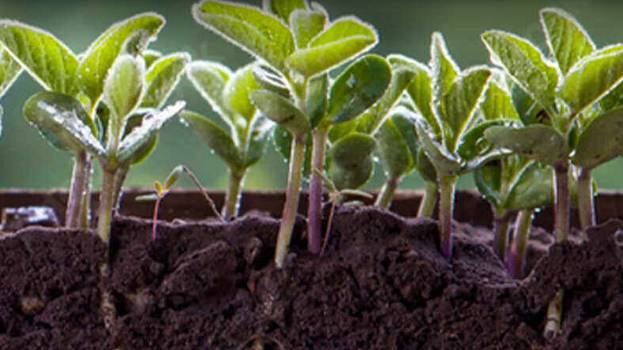Phenoxy Herbicides, Seed Treatments Lift Nufarm 2012 Profit
Nufarm Limited, the Australia-based agrochemical supplier, said its full-year 2012 profit rose, driven by its performance in North America, strong demand and pricing for phenoxy herbicides and growth in its seed and seed treatment business.
The company swung to a net profit after taxes of $72.6 million for 2012, reversing a $49.9 million loss in 2011.
Full-year revenue increased 4.7% to $2.18 billion, from $2.08 billion in 2011. It paid $43.5 million pre-tax to settle a class action suit, and took several other charges including $9.9 million to refinance its debt and $7.3 million for restructuring of its European business.
Australia and New Zealand accounted for 34% of crop protection sales in 2012, with North America its second-largest business with 23%. Mostly good conditions in Eastern and Southern Australian states, a good performance in horticulture, sugar cane and cotton segments, and the launch of key new products bolstered its business.
However, Nufarm saw additional pressure on glyphosate margins in some markets, namely Australia and Asia. It was also hurt by economic and credit troubles in some European markets.
Its phenoxy herbicide portfolio showed strength in the United States, while sales “grew significantly” in local currency both in the U.S. and Brazil.
Further points of strength: Picloram mixtures in the Brazil pasture segment, growth in imidacloprid and other new insecticides and herbicide mixtures as a tool for resistance management.
Herbicides made up 70% of its total segment revenues in 2012, while fungicides accounted for 10%, insecticides at 9% and other including equipment, adjuvants, PGRs and industrial at 11%.
Managing Director Doug Rathbone said the macro environment remains generally positive: “Agricultural demand drivers will support soft commodity prices and growers have strong incentives to maximize yield. Climatic/seasonal factors will influence cropping activity and demand patterns for Nufarm products,” he said in a statement.






